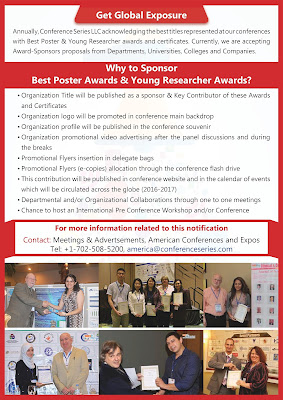Antibiotics are a type of antimicrobial that are used in treatment and prevention of bacterial infections. They may kill or inhibit the growth of bacteria. Many antibiotics are also effective against protozoans and fungi; some are toxic to humans and animals also, even when given in therapeutic dosage. Antibiotics are not effective against viruses such as common cold or influenza, and may be harmful when taken inappropriately. Physicians must ensure the patient has a bacterial infection before prescribing antibiotics. Antibiotic resistance invoke especially to the resistance to antibiotics that occurs in common bacteria that cause infection. The easy approach and capability of Antibiotics led to overuse in live-stock raising promotes bacteria to flourish resistance. This led to comprehensive problems with antibiotic resistance.
Antimicrobial stewardship is a coordinated program that promotes the appropriate use of antimicrobial (including antibiotics), improves outcomes for patients, reduces microbial resistance, and reduces the spread of infections caused by multi-drug resistant organisms.
The abuse of antimicrobial is one of the most pressing public health problems in the world. Infectious organisms adapt to antimicrobial designed to kill them, making medicines ineffective. People infected with antimicrobial resistant organisms are more likely to have longer and more expensive hospital stays and may be more likely to die as a result of infection.





